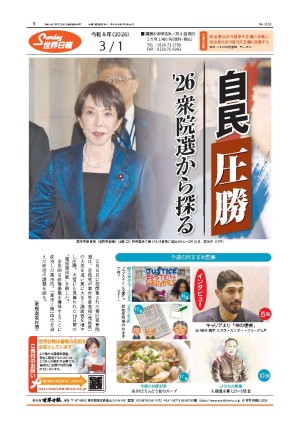チュニジア外相、トランプ氏の北アフリカへの関与要請 Khemaies Jhinaoui, Tunisia foreign minister, hopes for Donald Trump outreach
チュニジアの外交トップが、トランプ政権に対し、北アフリカの小国に「もっと手を差し伸べ」、「イスラム国」(IS)の脅威との戦いに力を貸してほしい、チュニジア人がアラブ世界で守ろうとしているこの壊れやすい民主主義の拠点を支えてほしいと訴えた。
ジナウイ外相は13日、ワシントン・タイムズとの多岐にわたるインタビューで「チュニジアは、米国の友人たちだけでなく、世界中に手本を示すことができる」と主張する一方で、トランプ大統領がISISとも呼ばれるテロ組織、イスラム国を殲滅(せんめつ)させるという公約を実行することに期待を表明した。
...【全文を読む】







